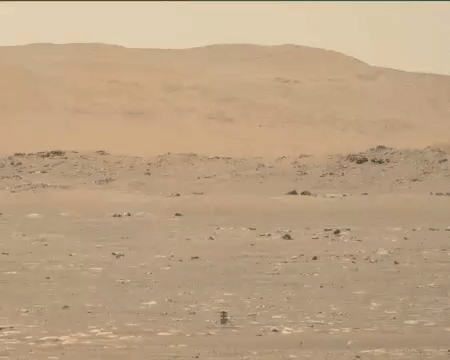Building systems that count
"Everything Starts Out Looking Like a Toy" (No. 43)
This week’s toy: Disney has made a walking animatronic Groot. No word yet on when the rest of the Guardians of the Galaxy will get their own exhibit at Disneyland. Edition No. 43 of this newsletter is here - it’s April 25, 2021.
The Big Idea
Building Systems That “Count”
I hate counting. To explain more, I dislike manual tasks and prefer to build automation to repeat tasks that I do daily or weekly. This means that when I need to teach other people how to do a task, I need to refer to an operating procedure in addition to my memory of how I use the tool or template.
This leads to forgetting. From the time you build a process to the time you need to explain it to someone, you will inevitably forget portions of the process. This graphic illustrates what happens when you try to remember information that you’ve learned:

What I Remember != The Whole Task
What does this mean in practice? It means I remember the part of the task I do every day. I don’t remember the portion of the task I do less often or perhaps the initial reasoning that caused me to design the task in this way unless I refer to an operating procedure.
Building an Operating Procedure (often done by documenting an OODA loop) gives you a set of instructions “so dumb, even a caveman could do it.” It is a method of encoding information so that when you forget things you can learn just enough to trigger the part of your brain that remembers the longer-term portion of the task.
Triggers for Remembering = Success
A successful strategy, then, is to build systems that engage the triggers that cause use to remember process. What to remember? Which process am I using and why? Once I remember the right process, I can find the place that will tell me the steps that were important, and then will allow me to refactor my tools when the base input to that process changes.
Do you need to remember everything? Newsflash: you can’t, so don’t expect to do so. Do remember to make yourself cues that you can use to find the processes that will tell you next steps. Don’t try to remember all the steps. Then, when you are teaching someone new to follow your process, point them at the process and the desired outcomes. If something else changes as an input to the process, they now have the skills to adapt.
What’s the takeaway? Process design is as much about designing the triggers to notice when a habit or an input changes as it is making sure that you know how things happen in sequence when all is well.
A Thread from This Week
Twitter is an amazing source of long-form writing, and it’s easy to miss the threads people are talking about.
This week’s thread: on the history of computer UX
Links for Reading and Sharing
These are links that caught my eye.
1/ If the Wright Brothers were Martians - NBD, we just flew a powered helicopter on another planet this week.
This has really interesting implications for low oxygen high altitude flight on earth. Could this help with Mountain Rescue?
2/ Universal Creative Income could be coming - Platforms need creators. Should creators be paid a Universal Creative Income? Li Jin and Lira Shroff make the case that artists are a necessary part of society and also provide the critical link between a platform and meaning creation on that platform. What if the platforms supported these creators? What might be missing is an explanation of the difference between “artist” and “influencer” (but perhaps I’m an old and I don’t get the distinction).
3/ AI Illustrates a Sea Shanty - Jeanelle Shane’s latest weird project is to create an AI-driven illustration for a sea shanty.
On the Reading/Watching List
The Phoenix Project is a novel about devops, IT, and failed projects. It’s also an allegory for the way that projects work and don’t work in almost any company. On the reading list, and hopefully the antidote to my next project that runs into trouble.
The Bletchley Circle is a story of World War II era codebreakers from Bletchley Park, a decade after World War II ends. These mystery-solving ladies are the stars of a 2 series drama currently available on Amazon Prime.
What to do next
Hit reply if you’ve got links to share, data stories, or want to say hello.
I’m grateful you read this far. Thank you. If you found this useful, consider sharing with a friend.
Want more essays? Read on Data Operations or other writings at gregmeyer.com.
The next big thing always starts out being dismissed as a “toy.” - Chris Dixon




